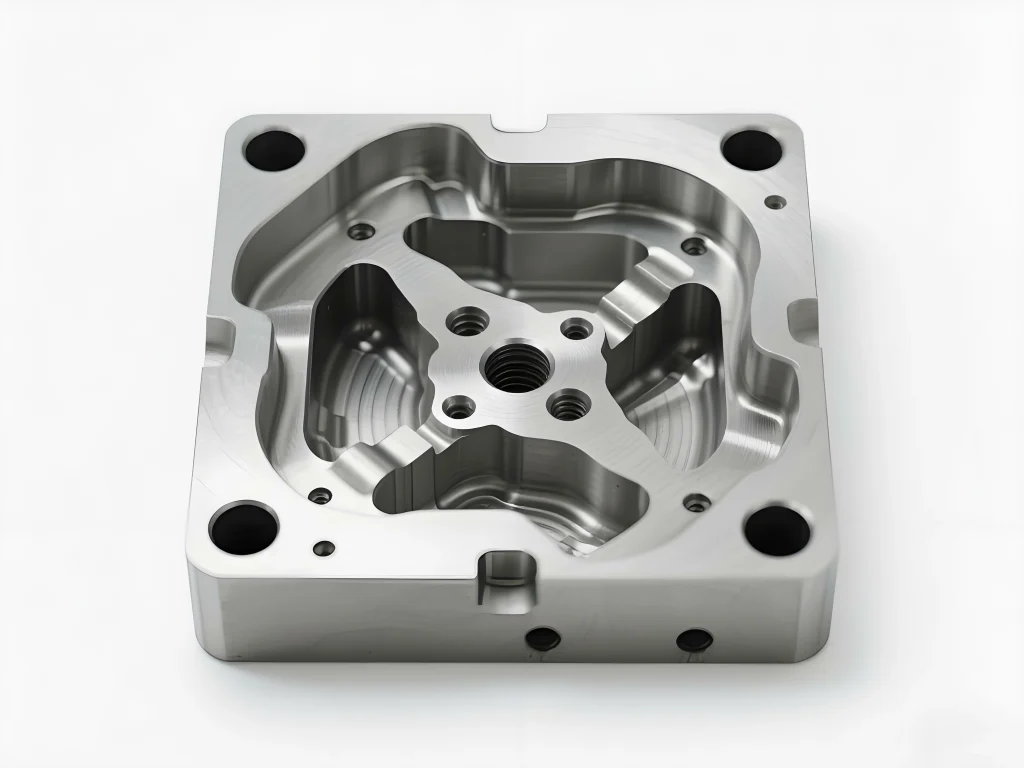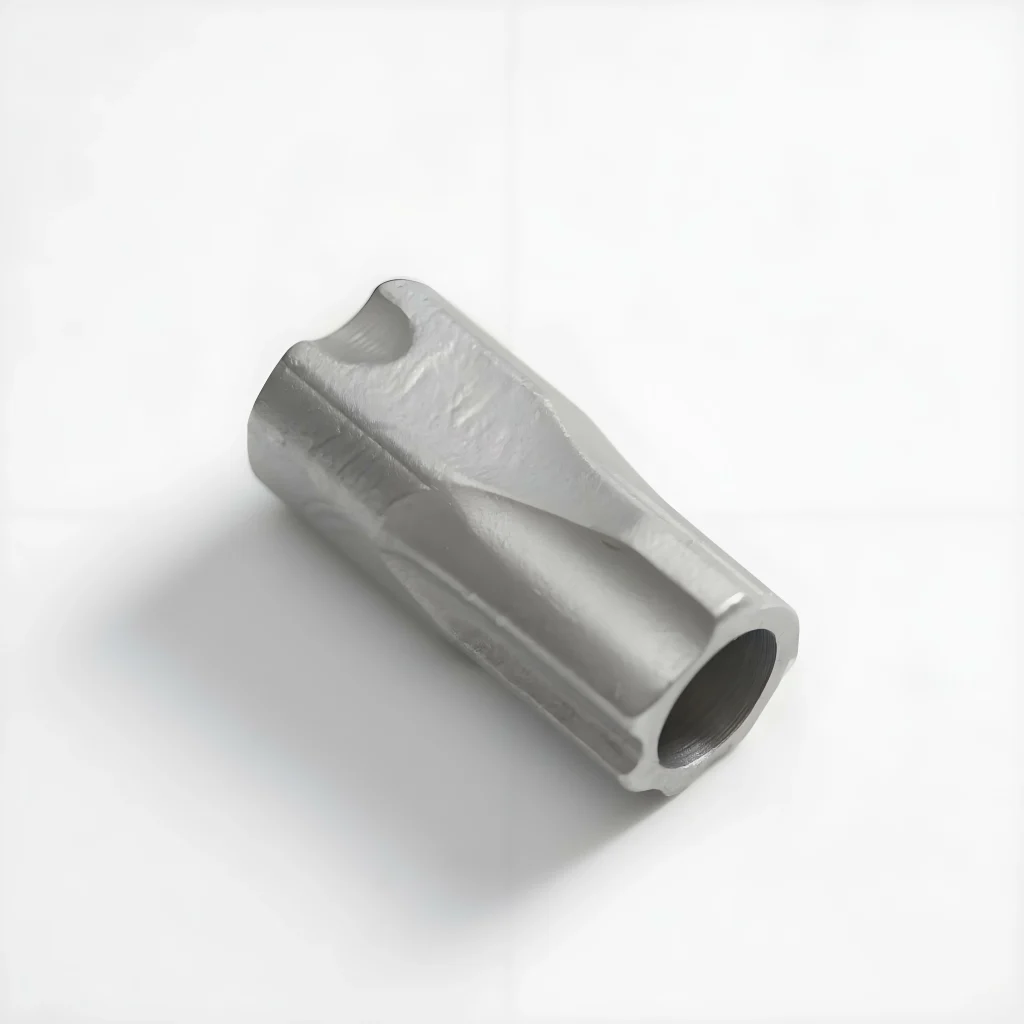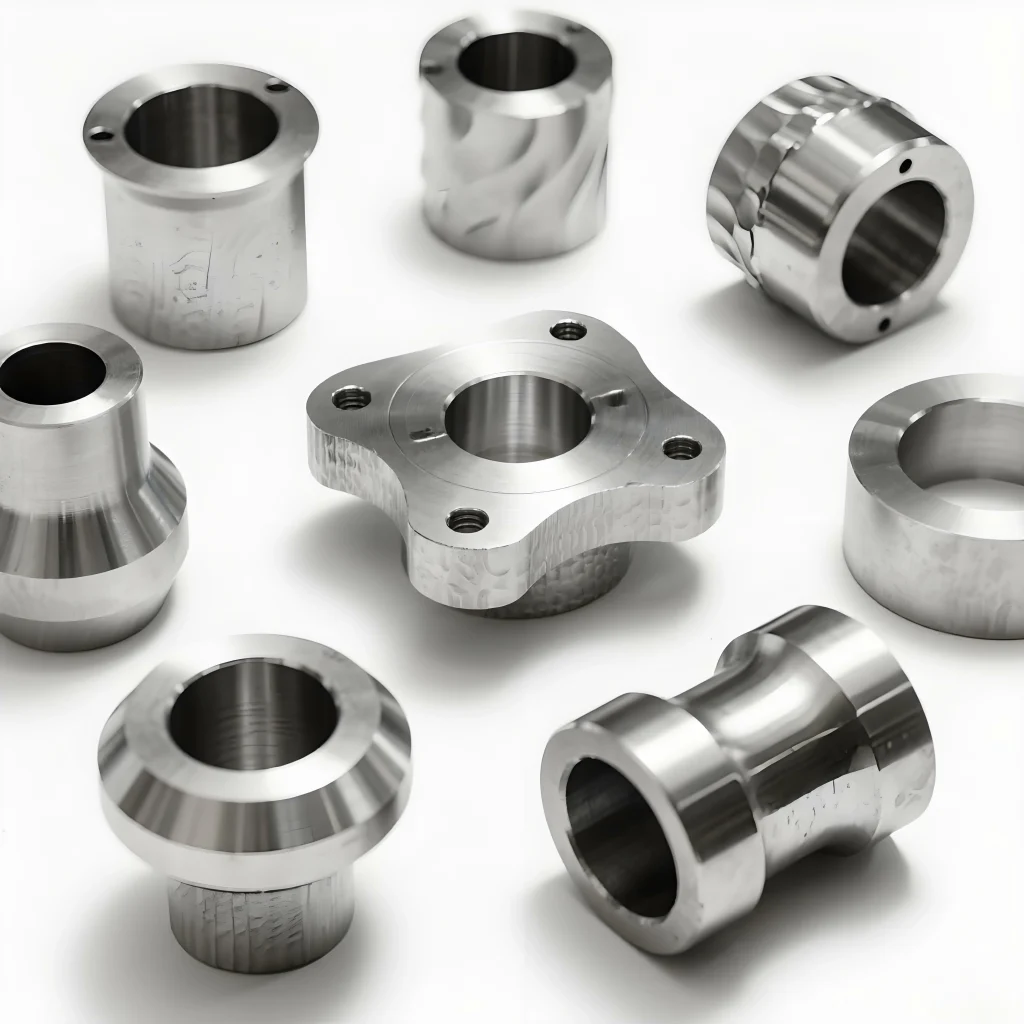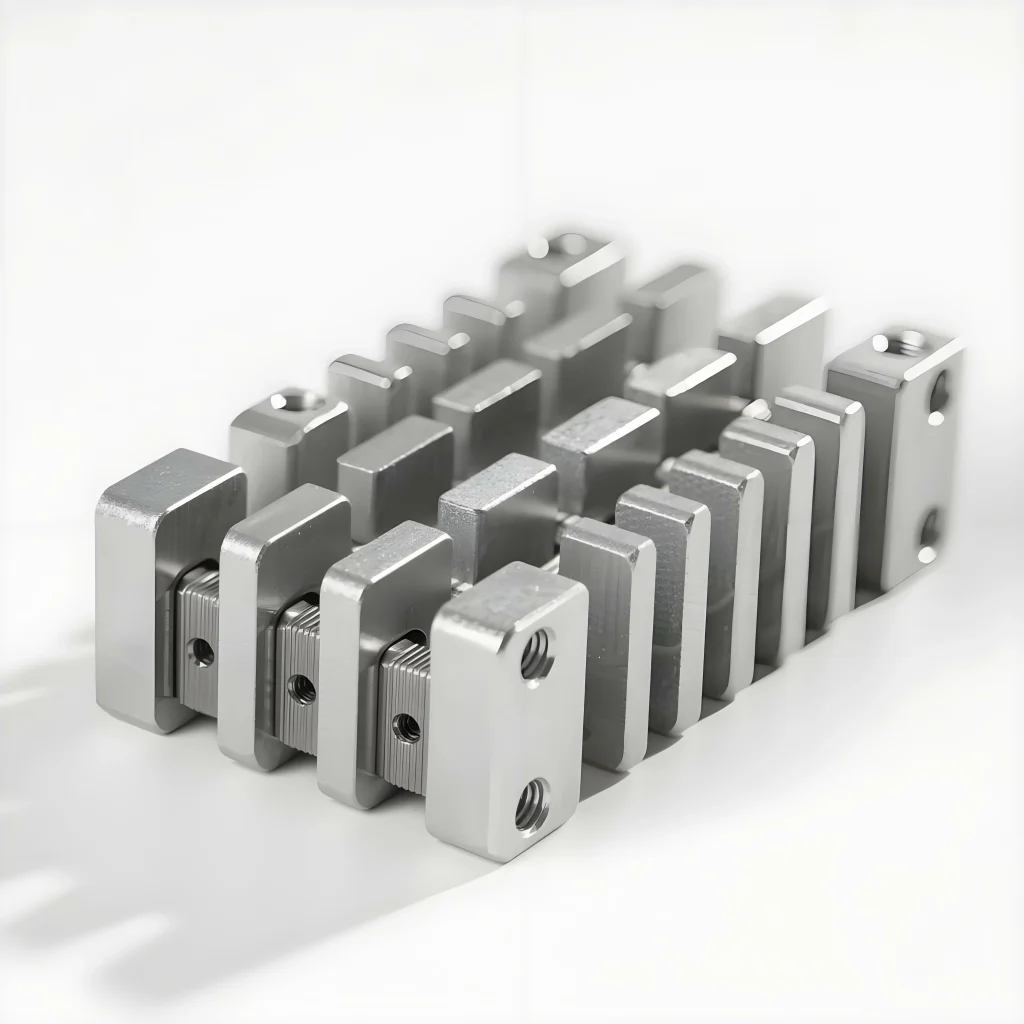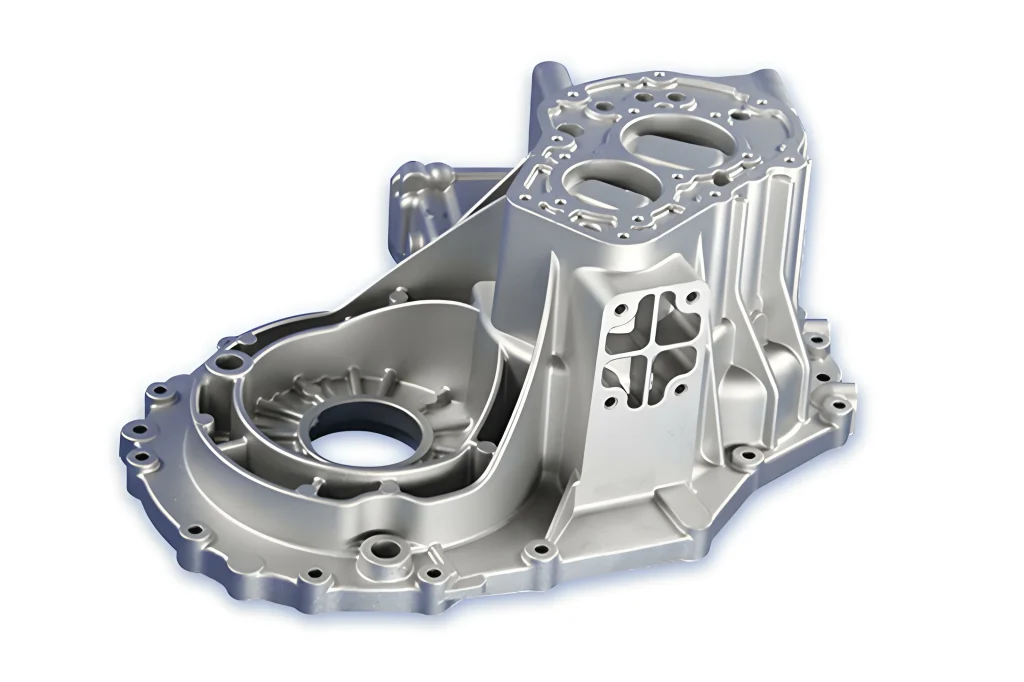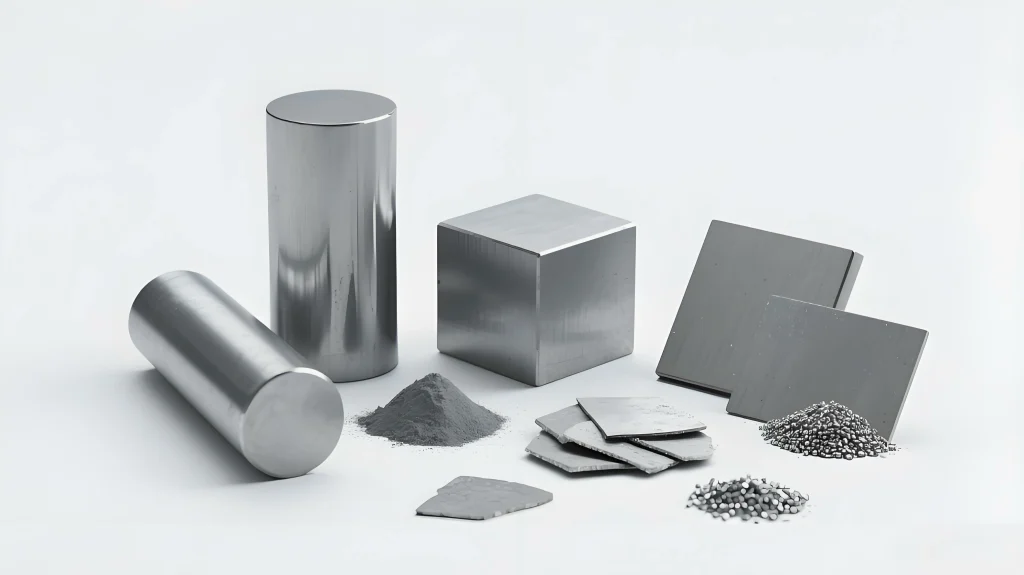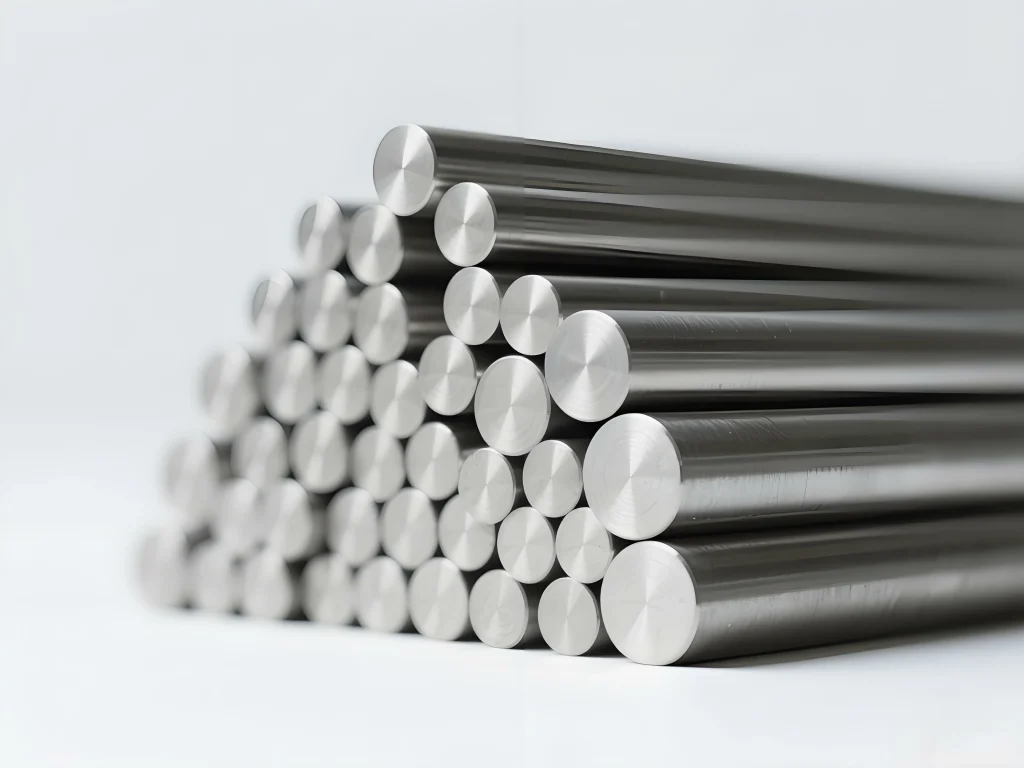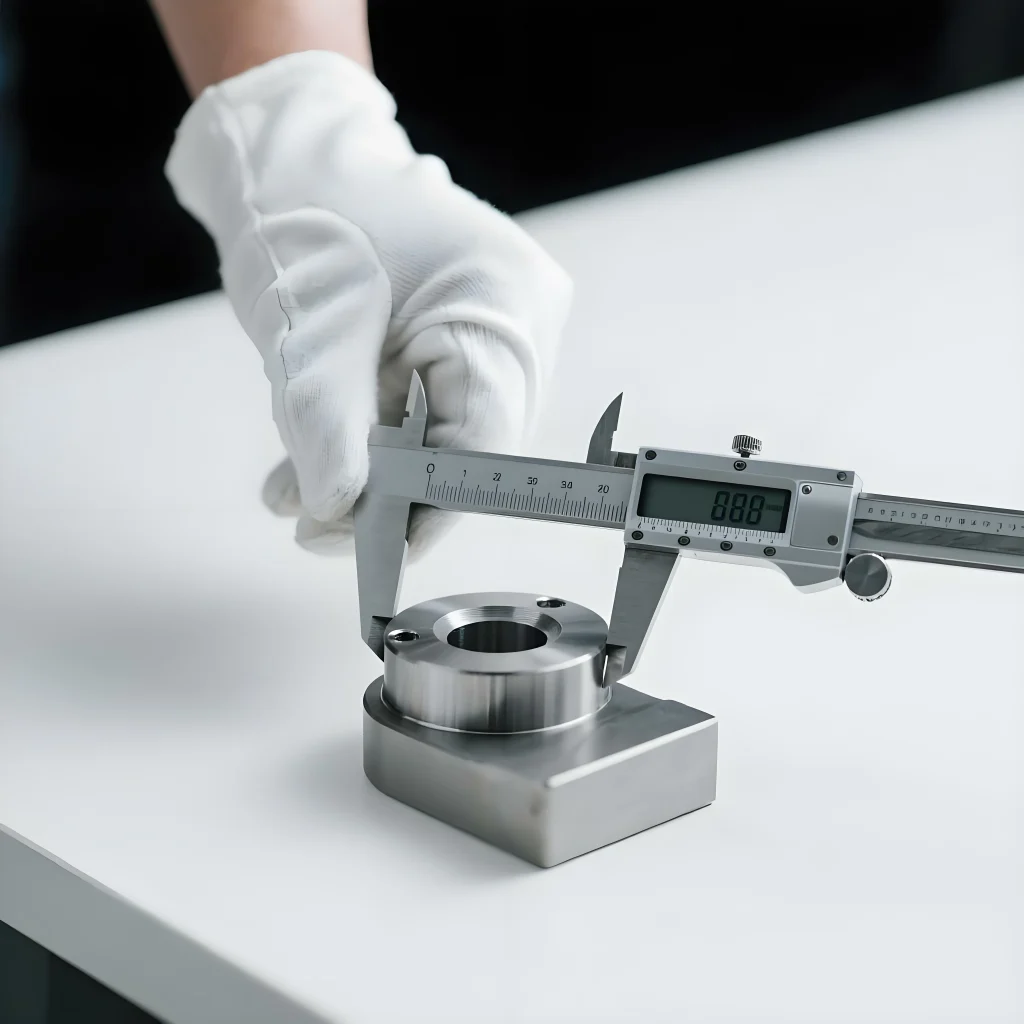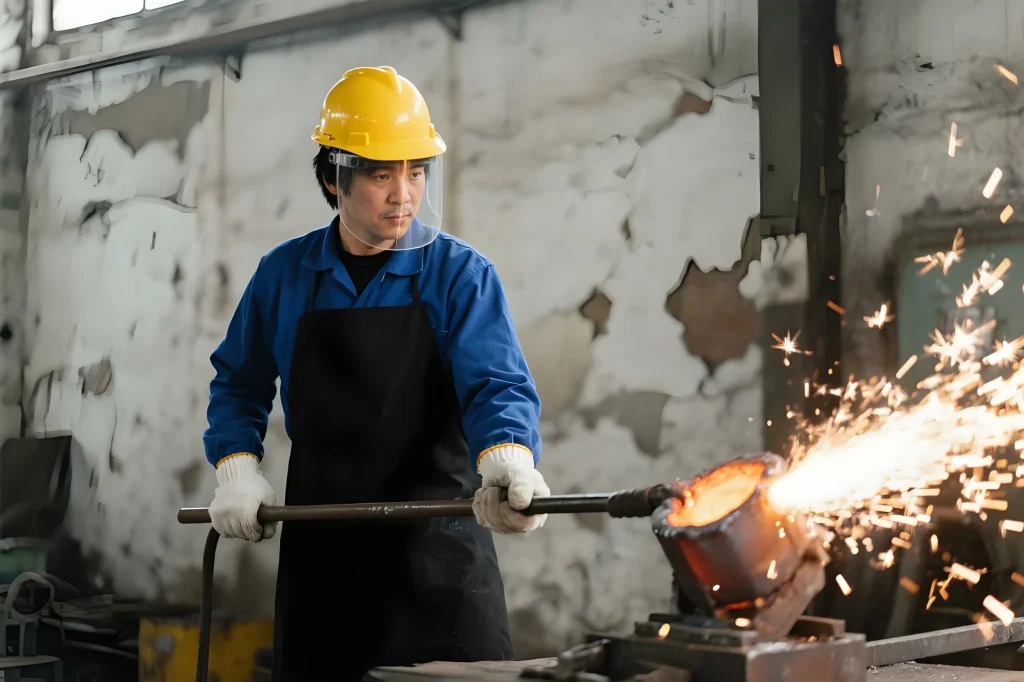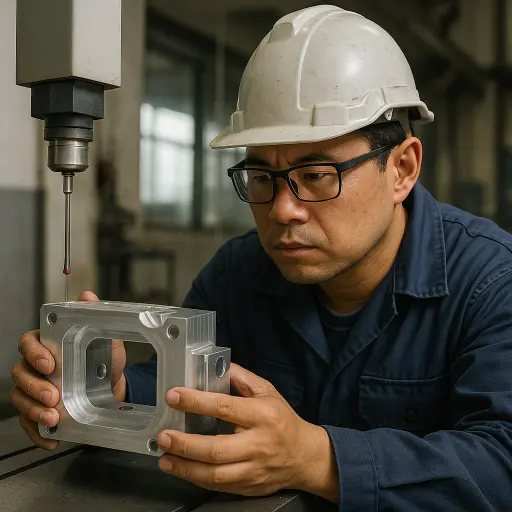1.A Guide to High Pressure Zinc Die Casting: Process, Strengths, and Applications When you need metal parts that are complex and strong, you have a lot of manufacturing choices. For making thousands of identical parts quickly and affordably, one process stands out: high pressure die casting (HPDC). When this method is paired with zinc alloys, it becomes a powerful solution for many industries. This guide breaks down everything you need to know about high pressure zinc die casting. We’ll cover the process, compare it to other methods, and show you where it’s used. Whether you’re an engineer designing a new product or a purchasing manager looking form a reliable supplier, […]
カテゴリーアーカイブ: contract manufacturing
Discover expert contract manufacturing and assembly services tailored for complex, multi-process production. From metal fabrication to custom machining, we help solve challenges in small batch orders, intricate designs, and special manufacturing needs with scalable solutions.
1.Multi-Slide Die Casting vs. Slide Casting: A Practical Guide for Engineers Engineers today need smaller, more complex, and better-performing parts. It’s a constant challenge. To meet it, you need the right manufacturing process. For tiny, complex metal parts, that’s often Multi-Slide Die Casting. For creating ultra-thin ceramic layers, the answer is slide casting. They might sound alike, but these are two very different technologies for two different materials. At Welleshaft, we have deep expertise in both. This guide breaks down each process, showing you how they work and which one is the right fit. We’ll give you teh slide casting process steps explained in a way that makes sense, so you […]
1.The Complete Guide to Hot Chamber Die Casting When you need to make thousands of identical metal parts quickly and affordably, you have a few choices. But for complex parts made from zinc, magnesium, or certain aluminum alloys, hot chamber die casting is often the best process for the job. This type of hot casting is a workhorse in modern manufacturing, known for its incredible speed and precision. At Welleshaft, we use advanced die casting machine technology every day to turn our clients’ designs into reality. In this guide, we’ll explain die casting from a practical standpoint, focusing on the hot chamber method. We’ll show you the complete die casting process steps, compare it to […]
1.A Practical Guide to Multi-Slide Die Casting When you need to make complex, small metal parts, you run into problems. Features like undercuts, cross-holes, an tight tolerances can make manufacturing slow and expensive. Conventional methods often mean you have to do extra work—costly secondary operations—that hurts your part quality. Welleshaft’s multi-slide die casting is the direct solution. This guide breaks down everything about the multi-slide process. If you’re an engineer looking for a designing small parts for die casting guide, a buyer trying to figure out the cost to build a die cast mold, or a designer weighing materials suitable for hot chamber die casting, this article will give you a answers […]
1.Cold Chamber Die Casting Services | Welleshaft Cold chamber die casting is ideal for shaping large and complex metal parts, particularly with high-melting alloys like aluminum die casting alloys, magnesium casting, and zinc die cast metals. Welleshaft brings years of expertise in delivering die casting solutions for industries such as automotive diecasting, aerospace, electronics, and medical fields. With our cutting-edge technology and deep industry knowledge, we ensure precise and high-quality results. 2.What Is Cold Chamber Die Casting? Cold chamber die casting works by injecting molten metal into a separate shot chamber before forcing it into the mold under high pressure. Unlike other methods, this technique is perfect for diecast metal components […]
Cobalt Investment Castings: A Complete Guide to Alloys, Processes, and Applications 1.Unlocking Superior Performance with Cast Cobalt Alloys In industries where component failure is not an option, standard metals often fall short. When faced with extreme heat, aggressive corrosion, and intense wear, engineers and designers turn to a superior solution: cobalt investment castings. Cast cobalt alloys are renowned for their ability to form a passivating oxide film, providing exceptional protection against oxidation and degradation. The investment casting process, also known as the lost wax investment casting method, is the ideal manufacturing technique for these superalloys, enabling the creation of complex, near-net-shape parts with outstanding mechanical properties. This casting investment delivers unparalleled corrosion, […]
1.A Comprehensive Guide to Nickel-Based Alloy Investment Castings When an application demands the ultimate in performance—exceptional strength, superior corrosion resistance, and unwavering stability at high temperatures—nickel-based alloy castings are the definitive engineering solution. For components that must endure the most extreme conditions imaginable, from aerospace turbines to chemical processing equipment, nickel alloy casting provides reliability where other metals fail. At Welleshaft, we are a leading manufacturer of investment castings, specializing in the precision-engineered nickel casting that powers critical industries. Using the advanced investment casting process, we produce complex, high-integrity investment casting parts that meet the most stringent specifications. This guide explores the world of nickel-based alloys, their significant advantages, and why Welleshaft is the ideal […]
1.A Comprehensive Guide to Metal Casting Inspection Methods & Quality Standards The reliability of a precision investment cast component hinges on one critical factor: a meticulous and deeply ingrained culture of quality. For any high-performance part, from aerospace castings to medical implants, the verification process is not an afterthought—it is the foundation of performance, safety, and longevity. When we combine rigorous and comprehensive metal casting inspection methods with industry-leading casting quality standards, we enhance part integrity and ensure client satisfaction. At Welleshaft, we are a leading manufacturer of investment castings, and we have built our reputation on a world-class methodology for casting quality control. This guide explores the essential inspection processes that ensure every component we […]
The Definitive Guide to the Investment Casting Process 1.A Comprehensive Look at Investment Casting Methods, Materials & Benefits Welcome to the definitive guide on the investment casting process. Whether you’re an engineer designing a new part, a procurement manager seeking reliable investment casting suppliers, or simply curious about how intricate metal components are made, this article provides a complete, expert overview. At Welleshaft, we are a leading manufacturer of investment castings, specializing in creating high-precision parts for the world’s most demanding industries. This guide shares our expertise, covering everything from the foundational question, “what is investment casting,” to the complex steps and advanced materials involved in creating superior investment castings. 2.What is Investment Casting? […]
High-Precision Aluminum Machining Parts | Custom CNC Solutions by Welleshaft Welleshaft delivers high-precision CNC Machined Aluminum Parts customized for your application. From lightweight aerospace components to tough automotive parts and precision medical devices, our aluminum machining services ensure consistent accuracy, repeatability, and quality you can count on. What Is an Aluminum Machining Part? An aluminum machining part refers to a component fabricated from aluminum alloys using CNC (Computer Numerical Control) machining processes such as milling, turning, drilling, or tapping. These parts begin as solid aluminum blocks (billets or extrusions) and are machined down with high-precision tools. Why Choose CNC Aluminum Machining? Benefits of Aluminum for Machined Parts Lightweight & Durable Aluminum has […]

